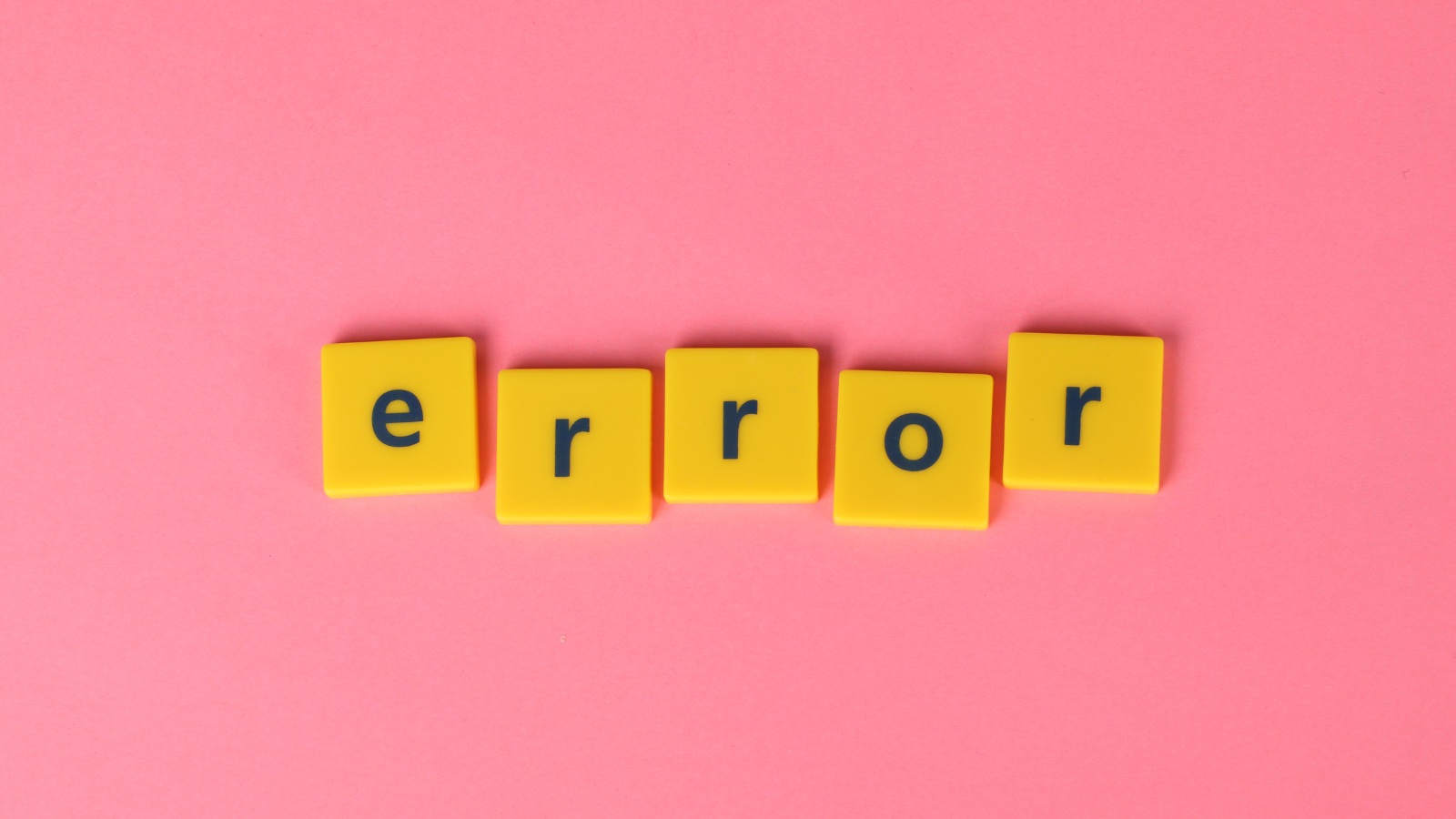Is just having a website for your business enough? Frankly, it’s not – a website, regardless of whether it promotes a hair salon, department store, or law firm needs to be fit for its purpose. Spoiler alert! Its purpose is not merely to exist and sit on your brand domain. In this article, I discuss good websites, bad websites, and explain the key warning signs that signal it’s time for a website redesign. Continue reading to find out if your current website is really good enough for your business…
What is the purpose of website?
A website is an attractive online showroom where you can promote everything a prospective customer needs to know about what your business does and why, it’s open 24/7 without any extra staff or expensive overhead costs.
The purpose of a website varies between businesses as each exists to support your overall business goals. For example, if your business provides conveyancing services to property buyers then your website’s purpose will be to:
– Educate users on your expertise
– Engage users with your brand and its services
– Provide personal quotes
– Generate quality enquiries
Once built, a well-designed website can do all of the above and more for your business whilst you and your team are busy working “in” your business doing what you do best. A good website requires a reasonable level of investment but it will last for many years and grow and evolve as your business does.
Does every business need a website?
Having an online presence is continuing to become increasingly important to businesses of any size and in any sector. An online presence could be a social media account, a blog or a website and each can serve its business well. However, only a website offers a business full control and customisation over its look and feel, functionality and even discoverability amongst target audience segments.
Why is a website important for every business?
Consider this question:
“What do you think a potential client will do when they hear about your business?”
It’s likely that they will research your business online and their first port of call may be to Google your brand name. Every time this happens you need your business to display its website in Google’s organic listings. If you’re not there how can your potential customers learn more about what you do? Having a professional-looking website that’s easy to find can provide instant credibility to your business and will invite prospective clients to book, shop, or enquire.
Is a social media presence enough for my business?
Social media platforms such as Instagram, Facebook, and Tik Tok are a great way for small businesses to get started online, they are free and easy-to-use but they also have some major drawbacks. If they go down, stop offering their services, or make a significant technology change then every account including yours will be vulnerable and may suffer a negative impact.
Many brands have built loyal followings of customers on Instagram but in 2013 when the platform allowed advertising for the first time it also changed its algorithm to favour ads in news feeds. As a result of this technology change many brands struggled to reach and engage their followers and their visibility and influence dwindled. In this situation, a business has to pivot its strategy to satisfy the new goal posts set by the social media platform and not everybody will do it successfully.
Unlike your social media accounts, your website is completely under your control.
What are the key benefits of a good website?
There are numerous benefits of having a good website for your business and its customers, and in time it can become a valuable commercial asset too. Below are 10 key benefits that a “fit-for-purpose” website can bring to your business:
1. Create a “wow” first impression with every visitor or prospective client.
2. Educate and engage prospective clients with your brand and its products or services.
3. Establish credibility and build trust with prospective clients.
4. Easy to find on search engines.
5. High discoverability amongst target audiences searching online for your brand, its products and services, and areas of expertise.
6. Deliver a consistent, positive brand experience for every user.
7. Grow your brand reach and visibility in your target geographic areas; local, national, and worldwide.
8. A unique and attractive brand showroom that’s easy to explore and open 24/7.
9. Save money and time with low ongoing maintenance resource and fees.
10. A stylish, professional edge versus your competitors.
What are the risks of a bad website?
A bad website, either looks dated or ugly, is difficult to use, and is not discoverable on search engines. This kind of website will give a poor first impression and user experience to every visitor. When those visitors are your prospective clients it’s unlikely that they will want to know more about your business and trust that you are professional and capable. In short, a bad website will turn off quality clients and help you miss business opportunities rather than drive them.
How to fix a bad website
A bad website is often unsalvageable and a full custom rebuild is required. However, before you take it offline I recommend consulting with a Digital Marketing Consultant who can share a practical and unbiased opinion. Sometimes all a website needs is a Digital Audit to highlight problem areas and share practical solutions, this can be a cost-effective way to revive a tired website if you still have a good relationship with your Website Developer and they can make any necessary tweaks for you.
NB. It is very rare for a website developer to edit or a amend a website that they did not build themselves, this is not a sales tactic its just common sense as there is a major risk of breaking another developer’s code and causing irreparable damage.
11 warning signs that you need a website redesign
How do you know if your website isn’t good enough to impress your target clients? If you’re new to digital marketing and website design it’s not always obvious that you have a bad website. You may have a feeling that your website isn’t very good so to help you clarify here are 11 warning signs that you need a website redesign:
1. It doesn’t represent your current brand proposition and its presenting old content or missing key information.
2. You’re embarrassed to show it to people, especially prospective clients.
3. It gets zero or very little organic traffic which means its not discoverable or easy to find on search engines.
4. The pages take ages to load and by ages we mean more than few seconds!
5. It’s not generating quality leads regularly, if at all.
6. Users (and you!) struggle to find important information easily.
7. There is far too much text and even you get bored trying to read it all.
8. Your content does not clearly guide users through your website to learn more and enquire.
9. It looks a mess on mobile and deters anybody with a smartphone.
10. You can’t update content or add new features easily or cost-effectively.
11. Your competitors websites are better and you’re full of envy!
If you recognise even one of the above warning signs its time to invest in a website redesign.
Invest in a custom WordPress website
Your website is your most important digital destination and it should be as unique as your brand. At Hi Digital, our expert developers build custom WordPress websites that are dynamic, high-performing, and attractive. We believe websites have the power to differentiate brands – they should be fully customisable, easy to manage and create a ‘WOW’ first impression with every visitor.
We only build custom websites and never use templates. Why? We want your website to last for many years and evolve as your business does.
At the heart of a fantastic website, is a thoughtful website design that looks great and delivers an intuitive user experience. Our bespoke website design service is designed for small businesses who want a website they can’t wait to show off to their customers and competitors! Your talented designer and digital marketing strategist will collaborate with you to design your perfect website, get in touch and schedule your free 1-2-1 consultant with our team now.
















